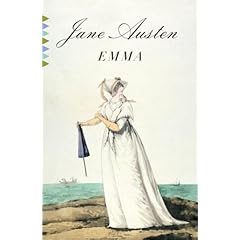
The recent spate of weather has led me to think about those books in which winter and the cold are inflicted by, and represent, forces of evil and darkness. The obvious tale in this category is The Lion, the Witch and the Wardrobe, but a book in another brilliant series springs to mind, namely
The Dark is Rising, in the pentalogy of the same name by
Susan Cooper.
The series, having started fairly lightly with
Over Sea Under Stone, goes on to explore powerful themes of mythology, good and evil and personal responsibility, involving - as well as its human and animal characters - figures and ideas from British mythology, such as Herne the Hunter and the Arthurian legends. In the archetypal fashion of these series, an apparently ordinary human being finds he does in fact carry great significance in an ancient battle between darkness and light, and is tasked to undertake a quest involving the gathering of objects and the waging of battles in order to fulfil his destiny.
Written beautifully throughout, and laden with engaging, well-wrought characters, the books also handle the interplay between the everyday and magical worlds with great skill. The second volume -
The Dark is Rising - is where the story really takes off, and where the scale and scope of the themes and characters are established, as the dark forces intensify the winter weather and lay siege to those who would oppose them.
Don't be deterred by the awful covers which have been slapped on the books recently; go buy your copies now.
David











